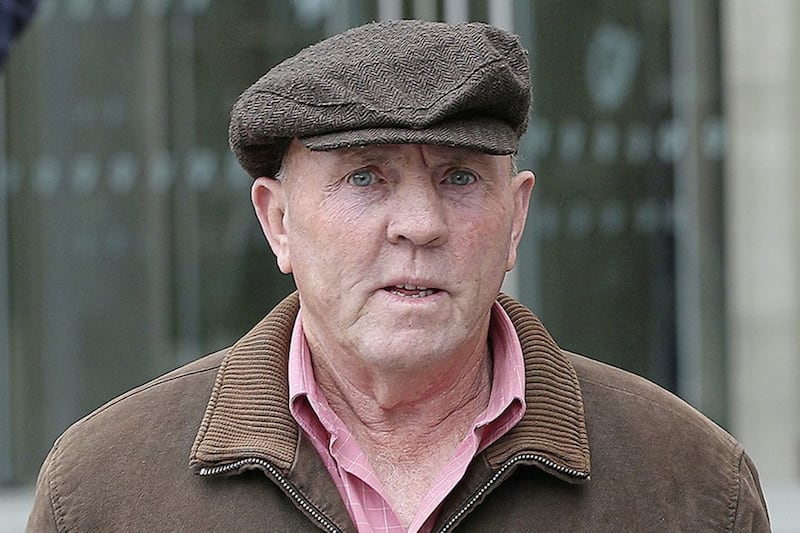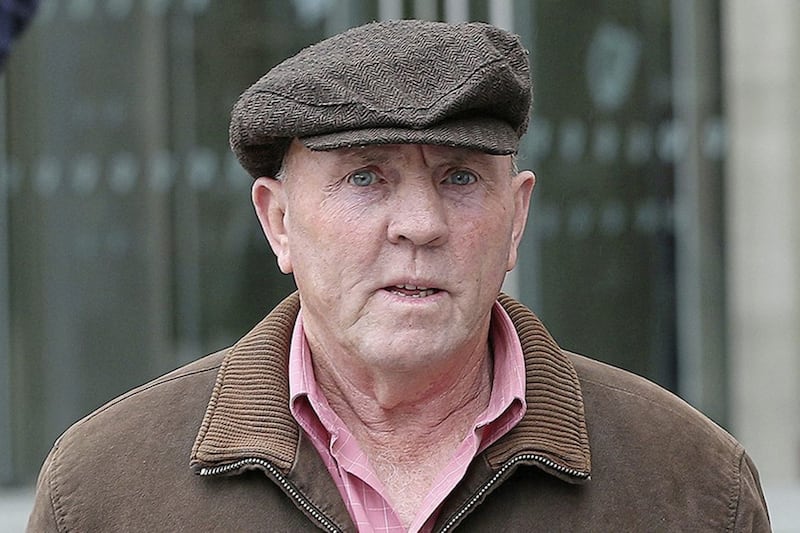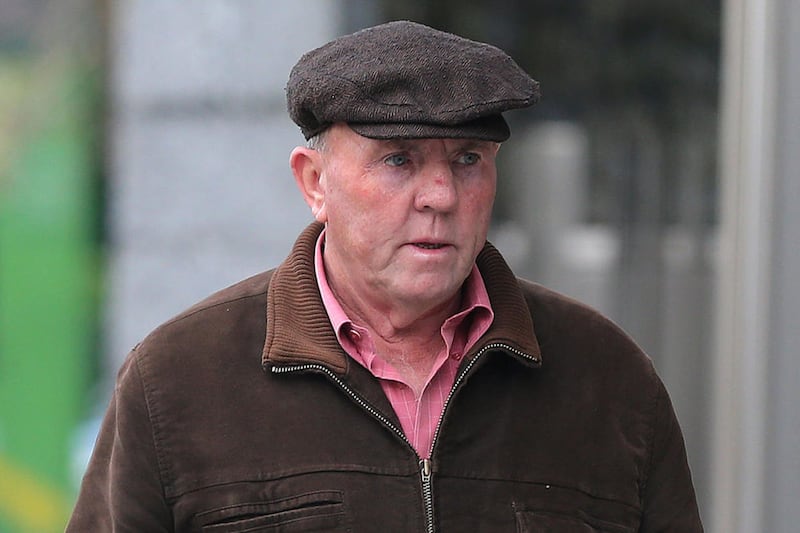A MISUNDERSTANDING by prosecutors led to alleged former IRA leader Thomas 'Slab' Murphy being unfairly jailed for tax evasion, his lawyer has told an appeal court.
Senior counsel John Kearney said the trial judge had accepted that the accused farmer had applied for an animal herd grant but his signature may have been forged on multiple documents relating to the case.
The bachelor and self-confessed republican, (67), was found guilty of nine charges at the high-security Special Criminal Court in Dublin earlier this year and imprisoned for 18 months.
His barrister said: "The Special Criminal Court got it wrong."
Murphy's three-day bid to overturn the verdict began in the Appeal Court in Dublin on Tuesday.
The lawyer added there was no evidence that his client had applied for a herd grant and claimed there was a: "Total misunderstanding by the prosecution side and the court that Tom Murphy signed the form at the farm."
Two application forms for a grant had contributed to the alleged misunderstanding.
The defence barrister said: "The dangerous uncertainty, we respectfully suggest, is what led the court astray."
Murphy, from Ballybinaby, Hackballscross, Co Louth, on the border with Northern Ireland, was found to owe the Irish exchequer taxes, penalties and interest of almost €190,000 (£147,000) for tax dodging from 1996 to 2004. He was charged with knowingly and wilfully failing to make tax returns and did so without reasonable excuses.
The trial court found he did not furnish Ireland's Revenue authorities with a return of income, profits or gains or the sources of them over the period but received €100,000 (£73,000) in farm grants and paid out €300,000 (£220,000) to rent land
There were 48 submissions made by the appellant.
Mr Kearney alleged there were multiple errors in the judgment and claimed reasonable doubt had not been properly considered. He said tax due on income was paid by members of the accused's family.
"We respectfully suggest it is an inadequately-sourced judgment or verdict and we respectfully suggest that this judgment does not provide adequate or acceptable reason for the verdict.
"It appears at every stage along the way...that reasonable doubt is not properly assessed in this case," he said.
The lawyer challenged the court's finding on cheques in the case, some of which had been pre-signed while blank.
"There is a never-extinguishable possibility of reasonable doubt that these signatures are also forged."
He said most of the cheques considered related to 2005/06, which were not covered in the charges. "We say the court got it wrong."
In 1998, Murphy lost a £1 million libel action against The Sunday Times which described him as a senior IRA figure.
On one of only two other occasions when he has spoken publicly, he claimed he had to sell a home to pay for some of the costs of the failed case.








